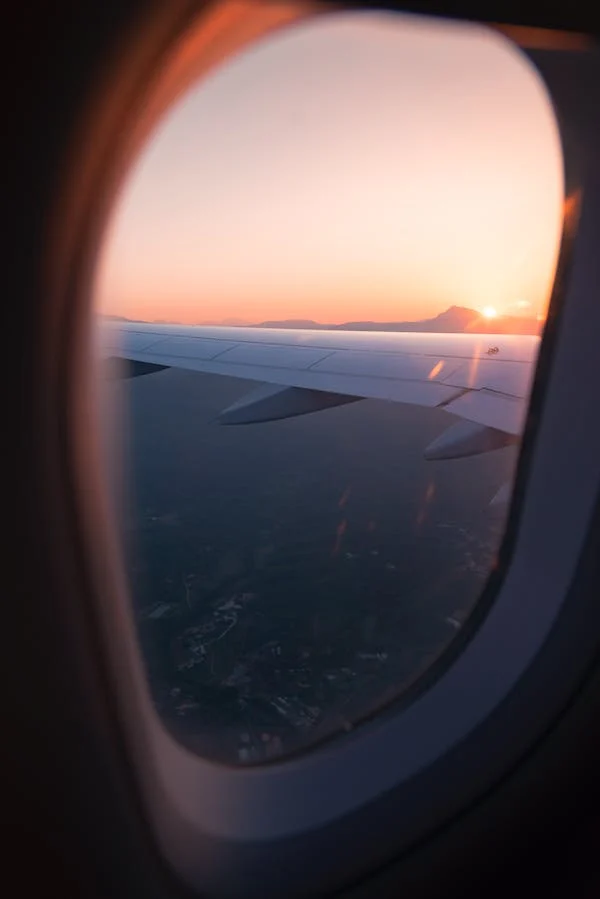When Touring Other Lands - Enjoy Freemasonry
10 September 23
It is logical that being attached to local lodges we are familiar with our rituals in English and the manner of attending the South, as we call it.
It is logical that being attached to local lodges we are familiar with our rituals in English and the manner of attending the South, as we call it.
In other countries the South is called ‘the White Table’, ‘Refectory’ and so on. In fact, from my experience over many years in traveling around the globe, I am always eager to visit lodges abroad whenever it is possible and witness customs and performances of different lodges.
you will have the freedom to totally concentrate on the differences of work compared to yours...
It is interesting to note that when staying in a city abroad and we ask locals about a local masonic lodge, most of the time their answer is negative for two reasons: Lack of knowledge of Freemasonry in general and ignorance of the location of a masonic lodge.
How to ensure the proper and easiest way to attend recognised lodges abroad that we are allowed to visit is to first approach our Grand Lodge after preparing an itinerary. Grand Lodge will be very helpful and furnish you with the appropriate contact method of recognised Grand Lodges at the cities you plan to visit and also provide you with a Masonic Travel Certificate. You may then contact the Grand Lodges abroad before your departure to ensure that there are meetings during your stay at any city. Remember, in July people are on holidays and in many cases there are no lodge meetings.
When you attend a lodge abroad, you may be regarded as a stranger among them but after proving to be a genuine mason on examination, you are warmly welcomed as a true brother and they are honoured by your decision to visit their lodge. It is important that before leaving on your journey, to familiarise yourself with all the signs and passwords.
It will be useful that you take with you a black suit, black bow tie and white gloves as respect for the dressing code of most lodges. You may take with you a Master Mason or Past Master apron, otherwise they would be happy to lend you one. When I visited a lodge during the day in casual clothes they reminded me that they expected me to be dressed accordingly if I visited at night.

Why is it important and useful to visit lodges in other lands with no English spoken?
Firstly, you must not be discouraged by not understanding their language. On the contrary, you will have the freedom to totally concentrate on the differences of work compared to yours, and mostly understand by their actions the masonic aspect of their performance. When we are accustomed to our language and suddenly hear the ritual in other languages we still have an idea of the meaning while watching the officers and the candidate. On the other hand, I find that when I am familiar with a foreign language, the wordings of the ritual makes me a bit uncomfortable because I started my association with Freemasonry in English. Visiting lodges of other constitutions makes us immediately compare their workings with ours by observing the ritual and the set up inside the Temple. For instance, the placement of the VSL, the sitting of Wardens and the DC between them. When Deacons are not used , the DC performs their duties by direct request from the WM. The ritual is performed by the officers while reading from an open ritual and not memorising by heart, apart from the DC who has to move around.
What puzzled me when I visited Grand Lodge in the centre of Stockholm, Sweden, during the day it is like part of a palace, as the king is the Grand Master and his office consists of a big palace hall. When I asked the Grand Secretary about members, he informed me they accept only Christians and this policy has worked well for them for the last 100 years. He also mentioned that in Finland they are starting a Universal Lodge to enable men of other denominations to join.
I wonder whether it is worthwhile to adopt in our lodges what I have witnessed. Before the time is due to open the lodge, all officers are called to enter and take their places and remain standing, then the members of the lodge enter and after that the visitors. When all are assembled inside only then does the WM open the lodge. By using this method, it gives the feeling that we are entering into a holy ground for our work. Certainly, it looks more dignified and meaningful than our practice. What do you think?
By RW Bro Rabbi Dr Samuel Tov-Lev


